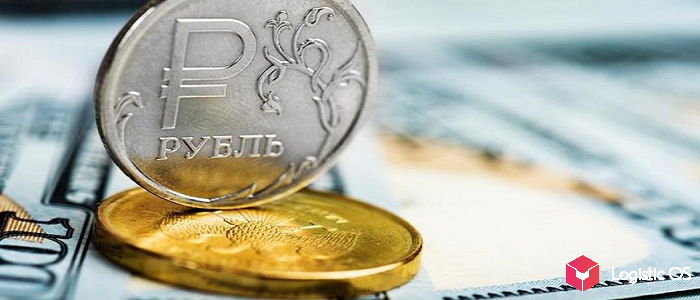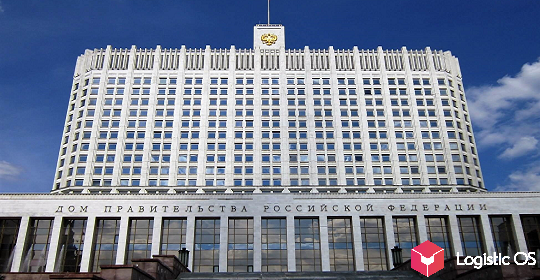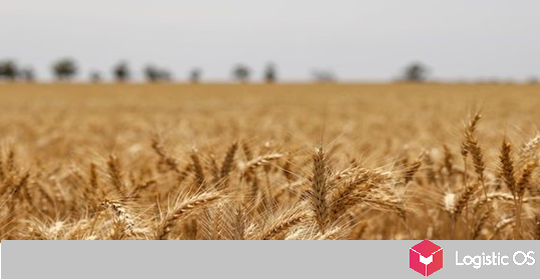Some consider price cap agreements an effective way to protect themselves from “top-down restrictions,” while others believe that all these restrictions will ultimately be ineffective.
The season 2020-2021 will go down in history not only due to the coronavirus pandemic, but also due to the fact that manufacturers and exporters of agro-industrial complex products were specifically «pressed» by the authorities with duties, quotas, maximum prices.
Today:
— For the export of rapeseed, sunflower and soybeans, a duty of 30% of the customs value has been introduced.
— For the export of wheat — 50 euros per ton (from March 1).
— A quota of 17.5 million tons has been introduced, after which it will be necessary to give almost half of the proceeds from each ton.
— Maximum prices are set for sunflower oil (95 rubles per liter wholesale, 110 — retail).
All this was a consequence of the fact that food prices in Russian stores began to grow inexorably. And it looks strange, because 2020 has pleased with a very good harvest. For example, almost as much wheat was harvested as in 2017 (a record year).
Why is everything getting more expensive? There are several reasons for this.
— Devaluation of money . It happens almost all over the world due to incentives from different governments. For example, the United States increased the money supply (dollars) by 30% in 2020. And the Russian Central Bank cut its key rate to a minimum (4.25%). This rate makes money affordable, cheap, and catalyzes inflation.
— Ruble devaluation . Its fall against the dollar and the euro naturally causes an increase in prices for all goods in rubles.
— The desire of exporters of the agro-industrial complex to sell as many products as possible in foreign markets, which is very profitable because of the expensive euro and dollar. Moreover, demand in Europe is high due to poor harvests in a number of European countries.

Agreements or product cards?
In order to prevent the introduction of new restrictive measures, some agribusiness companies restrict themselves . For example, oil producers have entered into the very agreements with retailers that limit the price of sugar and vegetable oil. And literally today, the Ministry of Agriculture of the Russian Federation said that a similar agreement was signed by poultry farmers, so now the rise in prices for poultry and eggs will also be slowed down for at least two months. Moreover, this is an initiative of the manufacturers themselves.
At the same time, Ilya Bereznyuk, managing partner of the consulting agency Agro and Food Communications, believes that all these price restrictions, which at first glance seem to be a saving measure, in the end only harm. After all, agro-industrial producers will receive less money — which means that some of them will close. As a result, the production of agricultural products will fall, and prices will rise further.
The alternative is the introduction of food ration cards for low-income citizens. This would not only support the least protected categories of citizens, but also provide stable sales routes for agricultural products.
Relatively speaking, if a million people receive cards for 10 chicken eggs per week, then poultry farmers will not have a headache about where to put 10 million eggs — and the industry will develop.
But so far, the introduction of such cards is just one of the initiatives that are still far from being implemented. But the creation and implementation of a flexible system of perpetual duties is planned for June.

